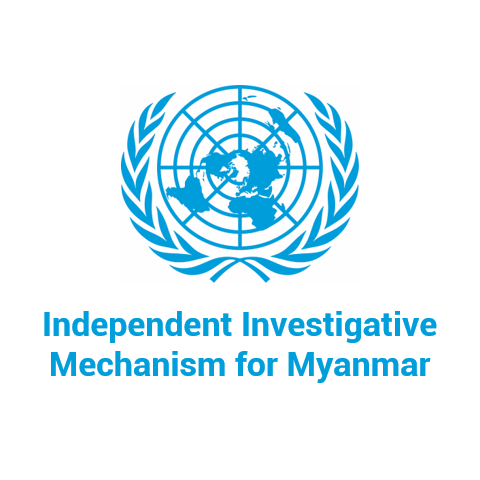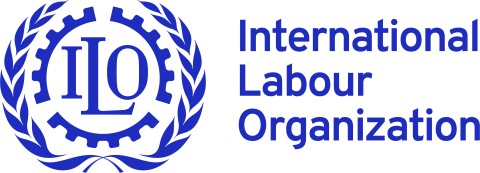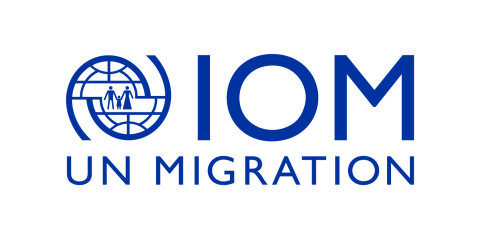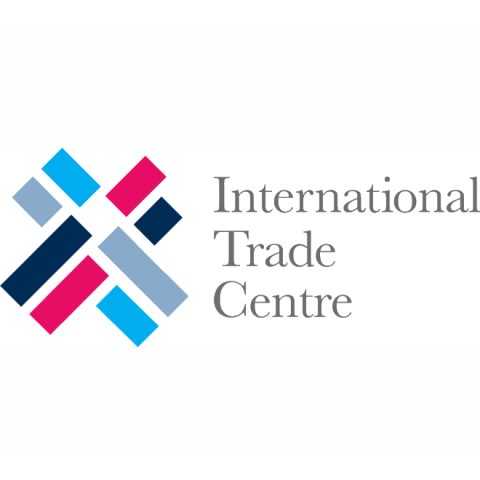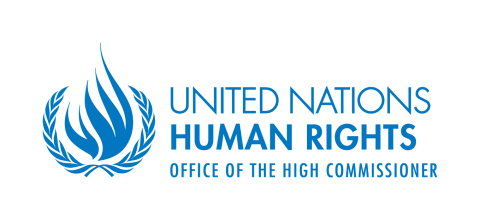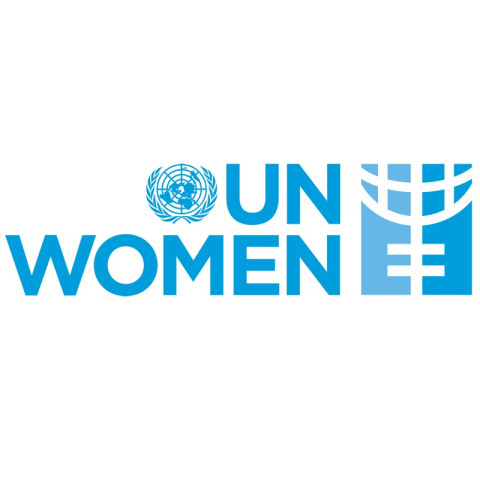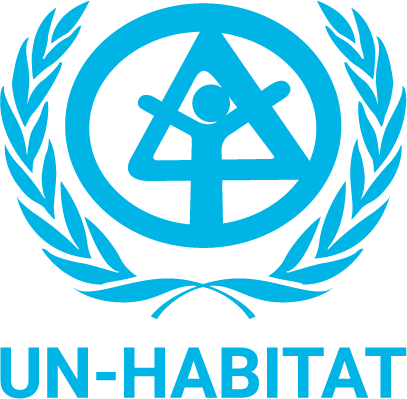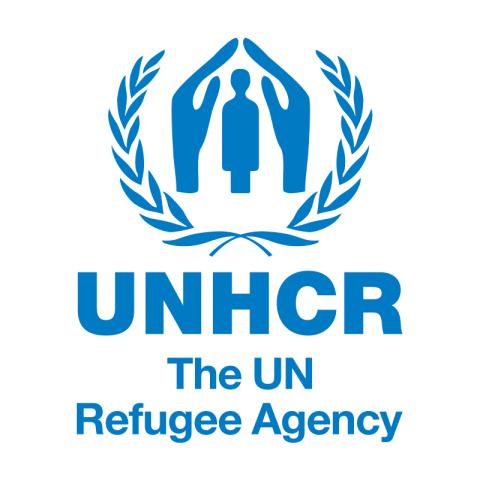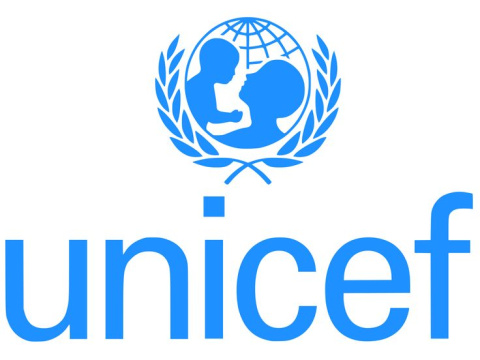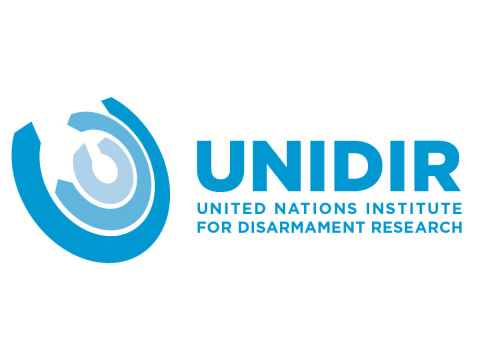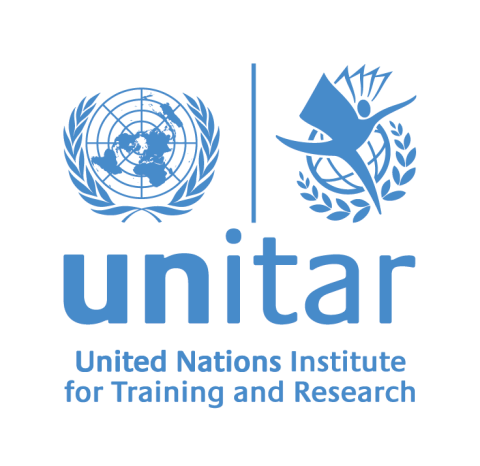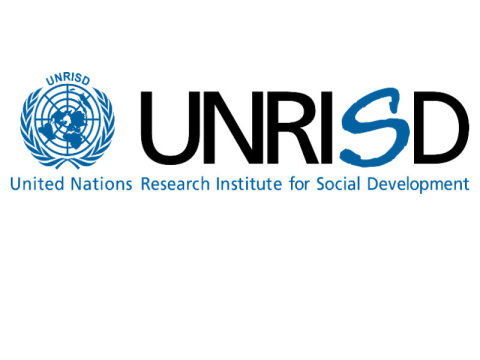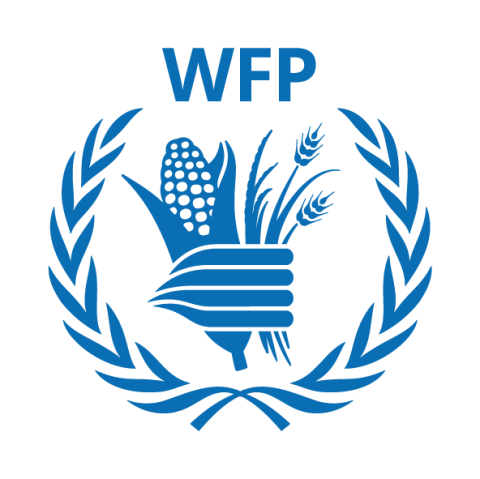
Sobrescribir enlaces de ayuda a la navegación
- Esta página fue traducida usando traducción automática. Leer más.
Definición de los derechos humanos
Declaración Universal de Derechos Humanos (1948)
Los 30 artículos de la Declaración Universal de Derechos Humanos constituyen el primer acuerdo internacional sobre los derechos y libertades de las personas. Abarcan desde el más básico, el derecho a la vida, hasta el derecho a la no discriminación y la igualdad de trato, pasando por situaciones mucho más específicas, como el derecho a la igualdad ante la ley, el derecho al ocio o el derecho a circular libremente dentro y fuera del propio país.
La Declaración en sí no es un documento jurídicamente vinculante, sino un compromiso conjunto de los Estados. Por el contrario, ha inspirado más de 80 tratados internacionales de derechos humanos.
Los Pactos Internacionales (1966)
El Pacto Internacional de Derechos Económicos, Sociales y Culturales y el Pacto Internacional de Derechos Civiles y Políticos profundizan en muchos de los conceptos ya abordados en la Declaración Universal de Derechos Humanos. Son vinculantes para los Estados que los han ratificado , quienes se comprometen a incorporarlos a sus leyes nacionales. Entre ellos se incluyen, por ejemplo, el derecho a la privacidad, la libertad de religión y creencias, o la libertad de expresión (derechos civiles y políticos), el derecho a la seguridad social, a la educación o a no padecer hambre (derechos económicos, sociales y culturales).
Tratados de derechos humanos (desde 1965)
Los Pactos Internacionales forman parte de los nueve tratados fundamentales de derechos humanos, siendo los otros siete:
- Convención Internacional sobre la Eliminación de todas las Formas de Discriminación Racial (1965)
- Convención sobre la eliminación de todas las formas de discriminación contra la mujer (1979)
- Convención contra la Tortura y Otros Tratos o Penas Crueles, Inhumanos o Degradantes (1984)
- Convención sobre los Derechos del Niño (1989)
- Convención Internacional sobre la protección de los derechos de todos los trabajadores migratorios y de sus familiares (1990)
- Convención Internacional para la protección de todas las personas contra las desapariciones forzadas (2006)
- Convención sobre los derechos de las personas con discapacidad (2006)
La implementación de estos tratados está siendo monitoreada por órganos de tratados: expertos independientes bajo el paraguas de la ONU que analizan los informes de los Estados partes y realizan visitas a los países, dan seguimiento a las quejas de las personas y organizan discusiones con los Estados miembros o expertos en derechos humanos para asegurar la correcta implementación del tratado respectivo por todos sus signatarios.
Trabajando de la mano con los gobiernos
El Consejo de Derechos Humanos , integrado por 47 Estados miembros, es el principal órgano de decisión de la ONU en materia de derechos humanos. El Consejo aprueba resoluciones que sirven como principios rectores para todos los Estados (y personas).
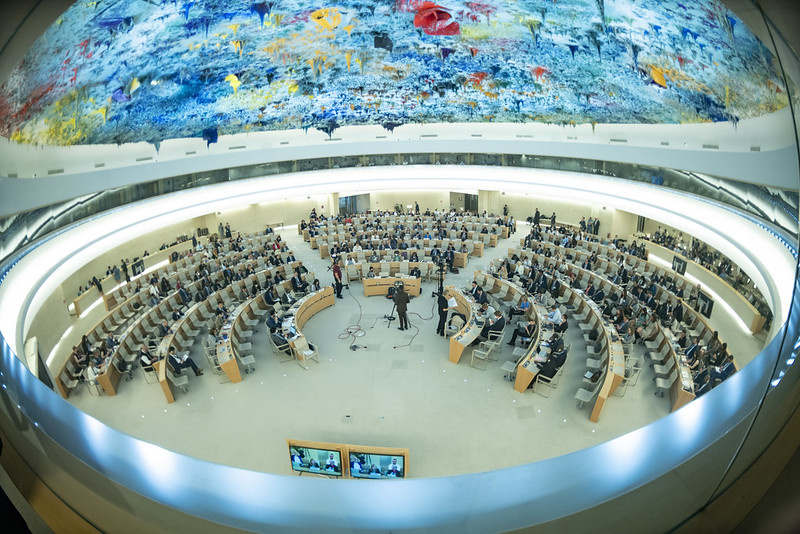
Ejemplo: El 8 de octubre de 2021, el Consejo de Derechos Humanos de la ONU adoptó la resolución 48/13, un acuerdo histórico que reconoce que un medio ambiente limpio, saludable y sostenible es un derecho humano. Esta resolución insta a los gobiernos a desarrollar o mejorar su legislación nacional y apoya la labor de todos los defensores de los derechos humanos y activistas ambientales.
En sus resoluciones, el Consejo puede solicitar al ACNUDH que proporcione información, informes y estudios sobre una situación específica. También puede solicitar a la oficina que preste asistencia técnica a un país.
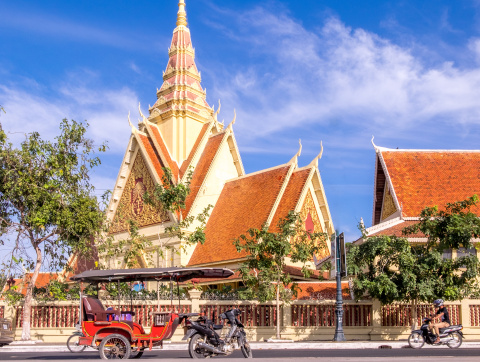
Ejemplo: En una resolución aprobada en su 54º período de sesiones en 2023, y de acuerdo con el Gobierno de Camboya, el Consejo encargó a las Naciones Unidas que ayudara a Camboya a establecer un mecanismo nacional de derechos humanos para mejorar las instituciones jurídicas del país capacitando a jueces, abogados y personal judicial, así como a sus entidades encargadas de hacer cumplir la ley, y que ayudara a Camboya a medir mejor sus progresos en cuestiones de derechos humanos.
Monitoreo de la situación de los derechos humanos en todo el mundo
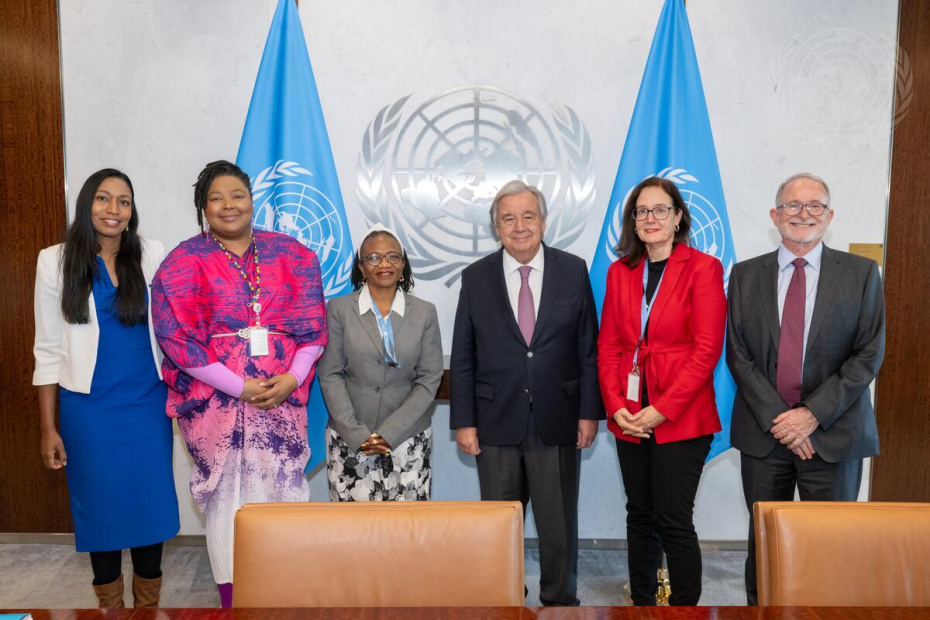
Procedimientos especiales
El Consejo de Derechos Humanos nombra a los llamados titulares de mandatos de Procedimientos Especiales . Estos son expertos en derechos humanos que trabajan en un área temática o regional específica, desde el albinismo hasta el cambio climático, pasando por los mercenarios o las desapariciones involuntarias. Estas personas o grupos suelen ser muy francos sobre las violaciones de derechos humanos que se incluyen en el ámbito de su mandato. Realizan declaraciones públicas, visitan países para observar la situación de los derechos humanos y dan seguimiento a casos individuales. Una vez al año, los titulares de mandatos informan de sus conclusiones al Consejo de Derechos Humanos y, previa solicitud, a la Asamblea General.
Estos mandatos reciben apoyo de la ONU, ya sea para dotación de personal o para cubrir gastos de viaje. Sin embargo, los puestos no reciben remuneración y los titulares de los mandatos son independientes y no pertenecen al personal de las Naciones Unidas. Esto pone de relieve su neutralidad frente a cualquier actor.
Ejemplo: Armenia cambia su política de creación de comunidades segregadas para pobres y niños con discapacidad
En 2019, los Relatores Especiales sobre Discapacidad y sobre Educación enviaron una comunicación a Armenia sobre los planes del Estado para apoyar la construcción de la denominada "Ciudad Cáritas" o "Ciudad de los Niños" para niños y sus familias con bajos recursos o discapacidad. Los expertos expresaron su preocupación por la posibilidad de que esto diera lugar a comunidades segregadas. En su respuesta del 10 de febrero de 2020, el Gobierno informó a los titulares de mandatos que había revocado su decisión y suspendido la ejecución del proyecto.
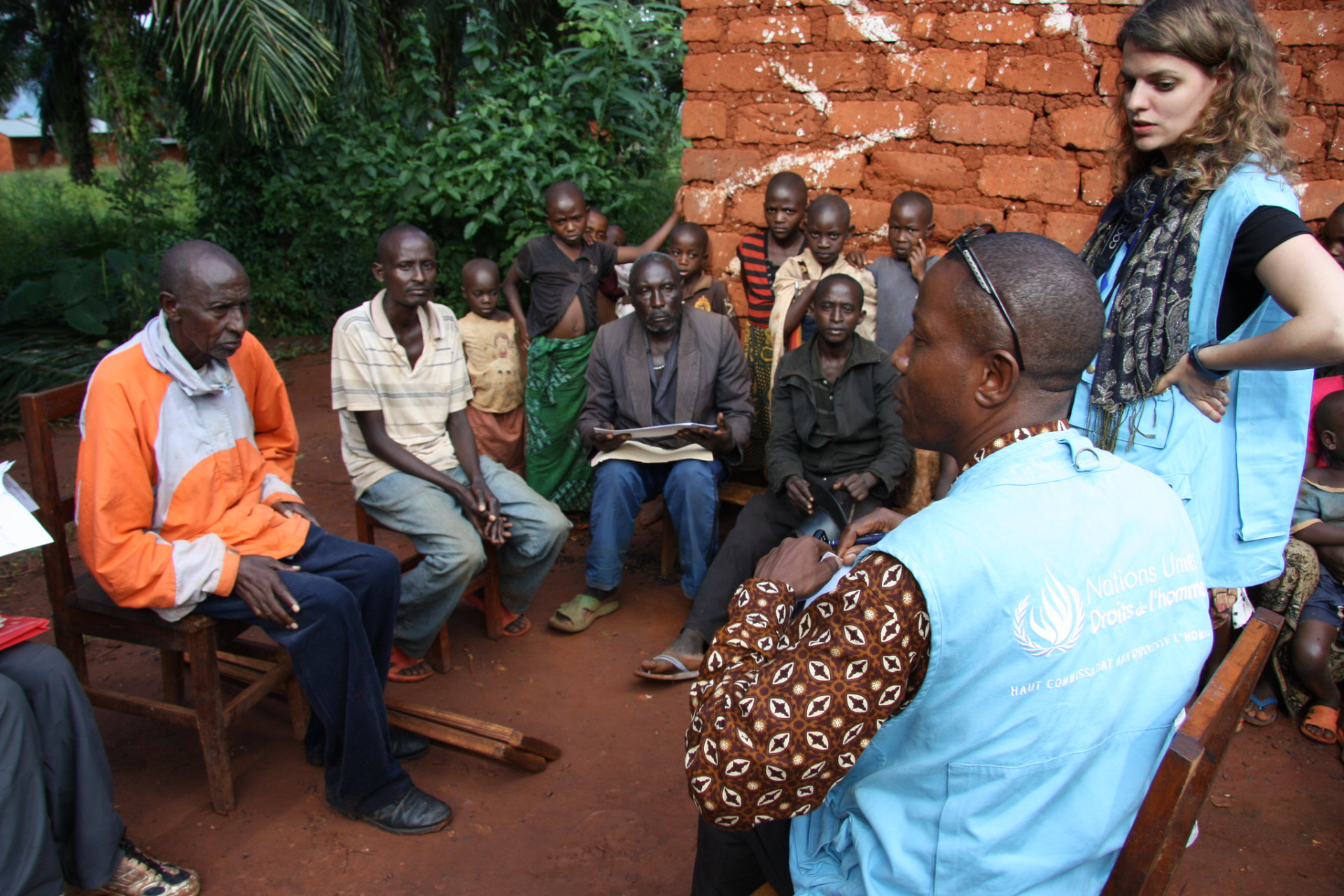
Oficinas locales del ACNUDH
La Oficina de Derechos Humanos de la ONU tiene presencia global con 12 oficinas regionales y 18 oficinas de país en 2024. Además, el ACNUDH está presente en varias misiones de mantenimiento de la paz, y hay asesores en derechos humanos desplegados en más de 40 equipos de país de la ONU. Sus actividades son diversas: los oficiales de derechos humanos a nivel nacional interactúan con el gobierno y las estructuras nacionales, como la comisión nacional de derechos humanos o las organizaciones de la sociedad civil; monitorean la situación de los derechos humanos y registran las violaciones; protegen a las víctimas; y publican las violaciones de derechos humanos y dan a conocer las cuestiones de derechos humanos al resto del mundo.
Ejemplo: La Oficina de Derechos Humanos en África Central apoyó a distintos países de la región en la presentación de sus informes periódicos a los órganos de tratados, el EPU y otros mecanismos de derechos humanos: para muchos gobiernos, poder reunir y analizar datos completos sobre la situación de los derechos humanos es el primer paso para abordar posibles problemas y así servir mejor a sus ciudadanos.
La Oficina de África Central también capacitó a numerosos periodistas en materia de derechos humanos. Como resultado, se publicaron más de 180 artículos, además de varias docenas de reportajes de radio y televisión sobre temas de derechos humanos. A largo plazo, esto ayuda a los ciudadanos a comprender y proteger mejor sus derechos.
Ejemplo: Sierra Leona abolió la pena de muerte
Examen Periódico Universal
El Examen Periódico Universal, un sistema único dentro de la ONU, es un proceso interparlamentario entre Estados. Con un espíritu constructivo, los gobiernos se felicitan mutuamente por sus logros en materia de derechos humanos y formulan recomendaciones sobre posibles mejoras. Cada Estado se somete a examen cada cuatro años y medio. Las recomendaciones de los Estados se basan en un informe nacional, un análisis de la ONU y un informe elaborado por las partes interesadas, como las organizaciones de la sociedad civil. Una vez recibidas todas las recomendaciones, el Estado examinado anuncia públicamente qué recomendación aceptará y en qué trabajará.
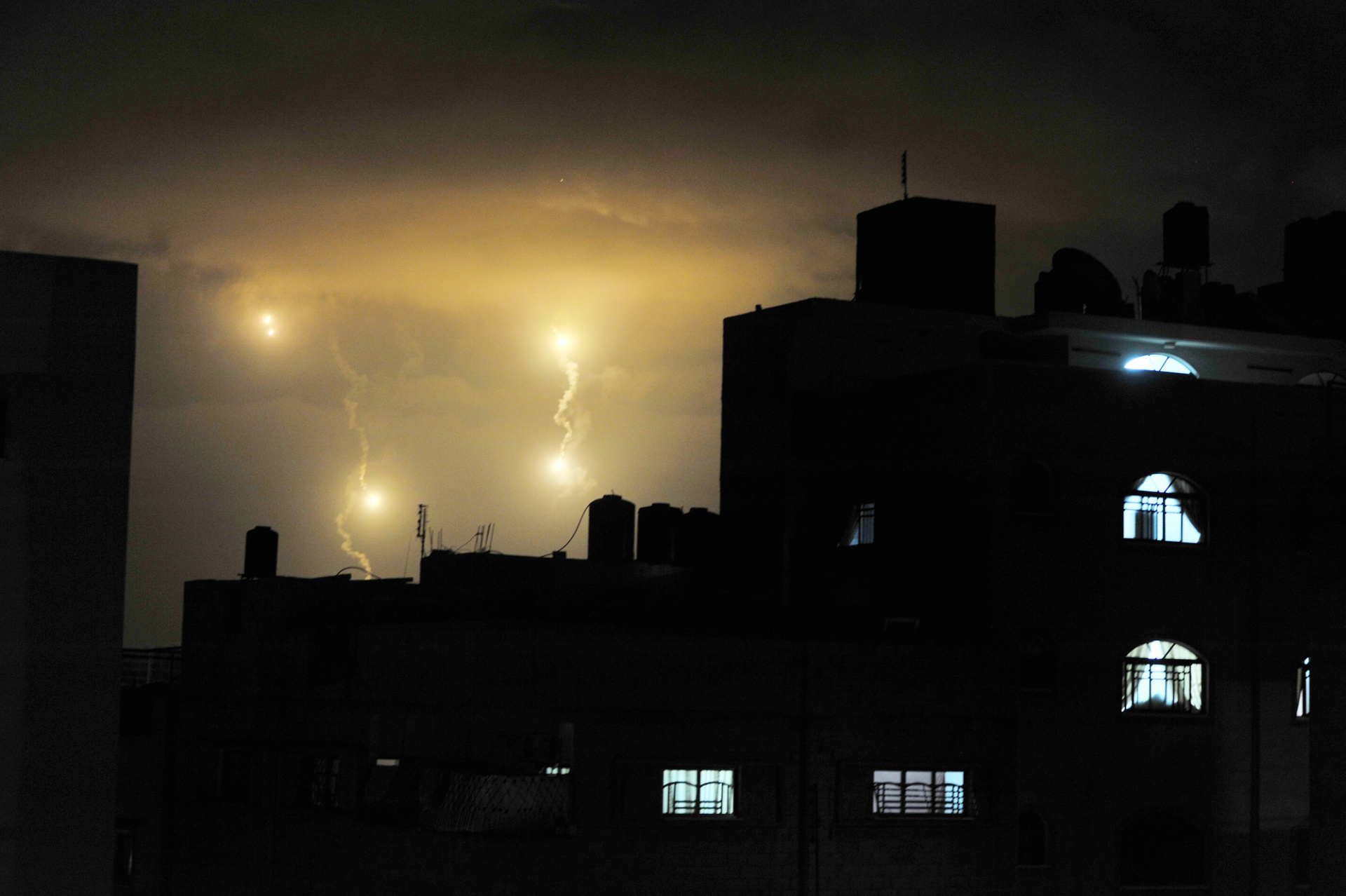
Investigaciones
Cuando un país viola gravemente los derechos de sus ciudadanos, la ONU inicia investigaciones. Actualmente, el ACNUDH, a petición del Consejo de Derechos Humanos, investiga abusos de derechos humanos en 13 países , desde Venezuela hasta Bielorrusia, Siria, Sudán y Myanmar. Además, hay una investigación en curso sobre justicia racial en las fuerzas del orden, que no está vinculada a un solo país.
Además, la Asamblea General ha establecido mecanismos de investigación sobre Siria ( IIIM e IIMP) y Myanmar ( IIMM ), que también funcionan desde Ginebra.
Los investigadores entrevistan a víctimas y testigos, y mantienen un registro detallado de los incidentes, incluyendo, cuando es posible identificar, a los autores de las violaciones de derechos humanos. Estos registros pueden utilizarse para sancionar a un país, otorgar asilo o indemnizar a las víctimas, o para acusar a los responsables, ya sea ante un tribunal internacional o posteriormente, cuando se restablezca el sistema judicial del gobierno.
Ejemplo: Un exfuncionario sirio de alto rango fue condenado a cadena perpetua por un tribunal alemán por su participación en torturas, asesinatos y violencia sexual contra el pueblo sirio. Había solicitado asilo en Alemania, pero, en parte gracias a las pruebas recopiladas por el IIIM , se revelaron las atrocidades que había cometido.
Explicador: ¿Qué es la “Institución Independiente sobre Personas Desaparecidas en Siria”?
En 2023, la Asamblea General de la ONU aprobó una resolución para establecer una Institución Independiente sobre Personas Desaparecidas en Siria, encargada de esclarecer el paradero de todas las personas desaparecidas y apoyar a sus familiares, así como a los supervivientes. Las cifras oficiales indican que alrededor de 100.000 personas han desaparecido durante los 13 años de guerra civil que asolan el país, y se estima que las cifras reales son mucho mayores.
Para implementar este nuevo mecanismo, el ACNUDH ha contratado personal con experiencia en derechos de las víctimas y personas desaparecidas que comenzarán su trabajo en 2024.
Trabajar en derechos humanos: ¿qué impacto tiene?
Con todas las malas noticias que vemos y las crisis que parecen agravarse día a día, ¿no es el trabajo en derechos humanos un esfuerzo en vano? De hecho, no existe ningún mecanismo que pueda exigir el cumplimiento de los compromisos de un gobierno en materia de derechos humanos, aunque muchas de las leyes y tratados internacionales en materia de derechos humanos son jurídicamente vinculantes. Sin embargo, el trabajo en derechos humanos cumple varias funciones cruciales:
La labor de los oficiales de derechos humanos en la ONU y otras organizaciones contribuye a visibilizar todas las violaciones de derechos humanos que se están produciendo, y sus hallazgos suelen ser la base de los informes de los medios de comunicación. Si no hubiera actores neutrales sobre el terreno que registraran y publicaran estas violaciones de derechos humanos, podrían fácilmente pasar desapercibidas.
Es necesario recopilar pruebas y mantener un registro detallado de todos los incidentes y personas involucradas para finalmente procesar a los autores de estas violaciones.
Muchos Estados carecen de los conocimientos o los medios necesarios para desarrollar sus sistemas de derechos humanos, de aplicación de la ley o judiciales. La ONU interviene y, como socio, ayuda a los gobiernos a mejorar sus mecanismos, lo que a la larga beneficia a la ciudadanía.
A través de sus mecanismos de revisión y control, la Oficina de Derechos Humanos de la ONU señala las deficiencias en el historial de derechos humanos de un país. De igual manera, durante el Examen Periódico Universal, los Estados presionan a sus homólogos para que redoblen sus esfuerzos en la protección de los derechos humanos. La retroalimentación constructiva resulta eficaz, ya que la mayoría de los Estados se remiten a las recomendaciones recibidas durante el último examen e informan con orgullo sobre los avances logrados desde entonces.
¿A dónde puede acudir una persona o una ONG cuando su gobierno viola sistemáticamente sus derechos humanos? La Oficina de Derechos Humanos gestiona varios mecanismos de denuncia que permiten a personas o grupos denunciar situaciones incompatibles con el derecho internacional de los derechos humanos. Estas denuncias, tras un análisis exhaustivo, pueden dar lugar a nuevos juicios o indemnizaciones, excarcelaciones o reducciones de penas, nuevas políticas acordes con los estándares internacionales de derechos humanos o nuevas medidas por parte del ACNUDH, como una investigación independiente, asistencia técnica o el nombramiento de un Relator Especial para observar la situación.
Organizaciones que trabajan en derechos humanos
El Mecanismo Internacional, Imparcial e Independiente - Siria (IIIM) fue establecido en diciembre de 2016 por la Asamblea General para ayudar en la investigación y enjuiciamiento de las personas responsables de los delitos más graves de derecho internacional cometidos en la República Árabe Siria [...]
En septiembre de 2018, el Consejo de Derechos Humanos de la ONU estableció el Mecanismo de Investigación Independiente para Myanmar con el mandato de recopilar, consolidar, preservar y analizar evidencia de los crímenes internacionales más graves y violaciones del derecho internacional cometidos en [...]
La Institución Independiente es una entidad de las Naciones Unidas creada por la Asamblea General el 29 de junio de 2023 en respuesta a los pedidos urgentes de acción de los familiares de los miles de desaparecidos en Siria para determinar su suerte y paradero. La resolución fundacional de la IIMP [...]
La Organización Internacional del Trabajo es la agencia de las Naciones Unidas para el mundo del trabajo. Reúne a gobiernos, empleadores y trabajadores para impulsar un enfoque del futuro del trabajo centrado en el ser humano a través de la creación de empleo, los derechos en el trabajo, la [...]
Establecida en 1951, la OIM es la principal organización intergubernamental en el campo de la migración y trabaja en estrecha colaboración con socios gubernamentales, intergubernamentales y no gubernamentales. La OIM trabaja para ayudar a garantizar la gestión ordenada y humana de la migración para [...]
El ITC es la agencia conjunta de la Organización Mundial del Comercio y las Naciones Unidas. Como socio de desarrollo para el éxito de las exportaciones de las pequeñas empresas, el objetivo del ITC es ayudar a los países en desarrollo y en transición a lograr un desarrollo humano sostenible a [...]
La misión de la Oficina del Alto Comisionado de las Naciones Unidas para los Derechos Humanos (ACNUDH) es trabajar por la protección de todos los derechos humanos de todas las personas; ayudar a empoderar a las personas para que se den cuenta de sus derechos; y ayudar a los responsables de defender [...]
En julio de 2010, la Asamblea General de las Naciones Unidas creó ONU Mujeres, la Entidad de las Naciones Unidas para la Igualdad de Género y el Empoderamiento de las Mujeres. Al hacerlo, los Estados miembros de la ONU dieron un paso histórico al acelerar los objetivos de la Organización sobre la [...]
El Programa de las Naciones Unidas para los Asentamientos Humanos, ONU-HABITAT, es la agencia de las Naciones Unidas para los asentamientos humanos. Tiene el mandato de la Asamblea General de la ONU para promover pueblos y ciudades social y ambientalmente sostenibles con el objetivo de proporcionar [...]
ONUSIDA lidera el esfuerzo global para acabar con el sida como una amenaza para la salud pública para 2030 como parte de los Objetivos de Desarrollo Sostenible.
Desde que se informaron los primeros casos de VIH hace más de 35 años, 78 millones de personas se han infectado con el VIH y 35 millones [...]
La Oficina de Enlace de la UNESCO en Ginebra (GLO) se creó en 1979 para servir de enlace entre la UNESCO y la Oficina de las Naciones Unidas en Ginebra (ONUG), los organismos especializados de las Naciones Unidas con sede aquí (por ejemplo, la OMS, la OIT, la UIT, la OMPI y la OMM), los programas de [...]
ACNUR, la Agencia de la ONU para los Refugiados, es una organización global dedicada a salvar vidas, proteger los derechos y construir un futuro mejor para las personas obligadas a huir de sus hogares debido al conflicto y la persecución. Lideramos la acción internacional para proteger a los [...]
UNICEF trabaja en los lugares más difíciles del mundo para llegar a los niños y adolescentes más desfavorecidos y para proteger los derechos de todos los niños, en todas partes. En más de 190 países y territorios, hacemos todo lo necesario para ayudar a los niños a sobrevivir, prosperar y alcanzar [...]
El Instituto de las Naciones Unidas para la Investigación sobre el Desarme (UNIDIR), un instituto autónomo dentro de las Naciones Unidas, realiza investigaciones sobre el desarme y la seguridad con el objetivo de ayudar a la comunidad internacional en sus ideas, decisiones y esfuerzos en materia de [...]
Como brazo dedicado a la formación del sistema de las Naciones Unidas, el Instituto de las Naciones Unidas para la Formación Profesional y la Investigación (UNITAR) proporciona soluciones de aprendizaje innovadoras a personas, organizaciones e instituciones para mejorar la toma de decisiones a nivel [...]
La Oficina de las Naciones Unidas contra la Droga y el Delito (UNODC) tiene el mandato de hacer del mundo un lugar más seguro frente a las drogas, el crimen organizado, la corrupción y el terrorismo. La organización se compromete a lograr la salud, la seguridad y la justicia para todos abordando [...]
UNRISD es un instituto de investigación autónomo dentro del sistema de las Naciones Unidas que lleva a cabo investigaciones interdisciplinarias y análisis de políticas sobre las dimensiones sociales de los problemas de desarrollo contemporáneos. UNRISD trabaja en colaboración con una extensa red de [...]
El Programa Mundial de Alimentos de las Naciones Unidas es la organización humanitaria más grande del mundo, que salva vidas en emergencias y da asistencia alimentaria para construir un camino hacia la paz, la estabilidad y la prosperidad de poblaciones que se están recuperando de conflictos y [...]


